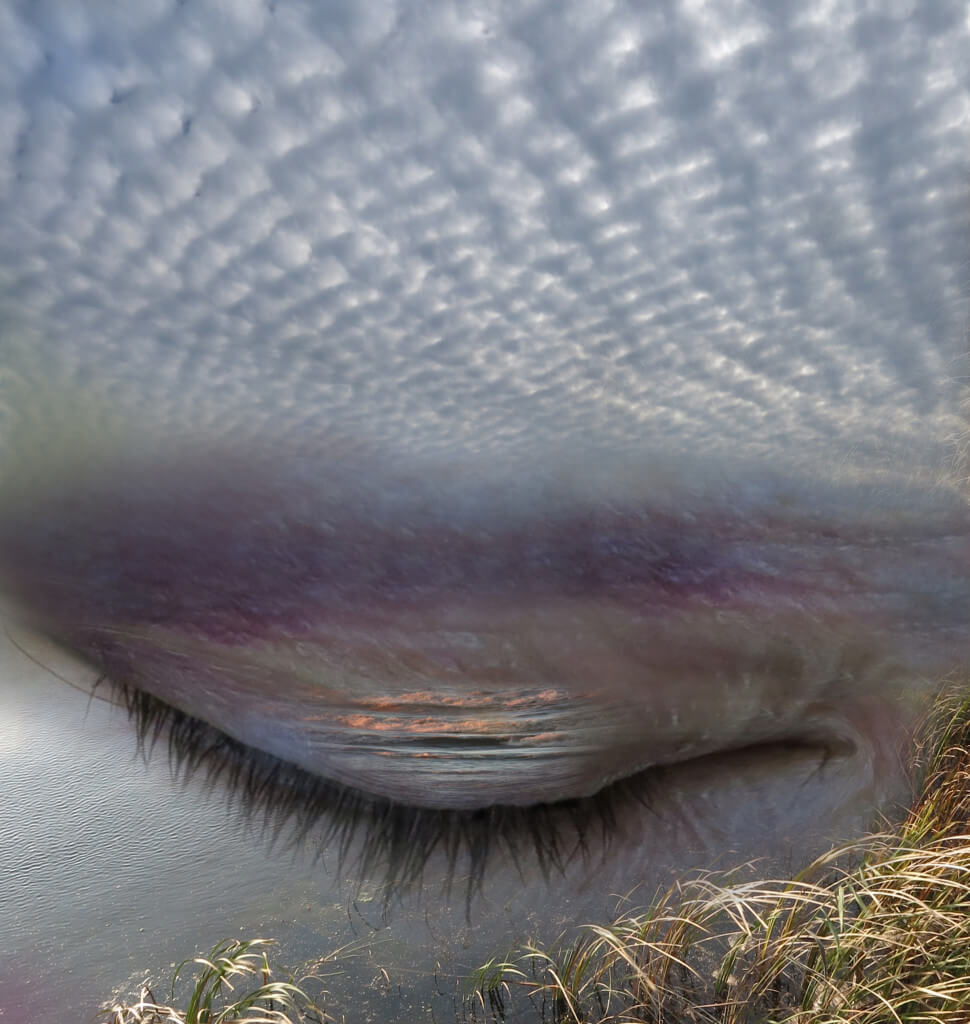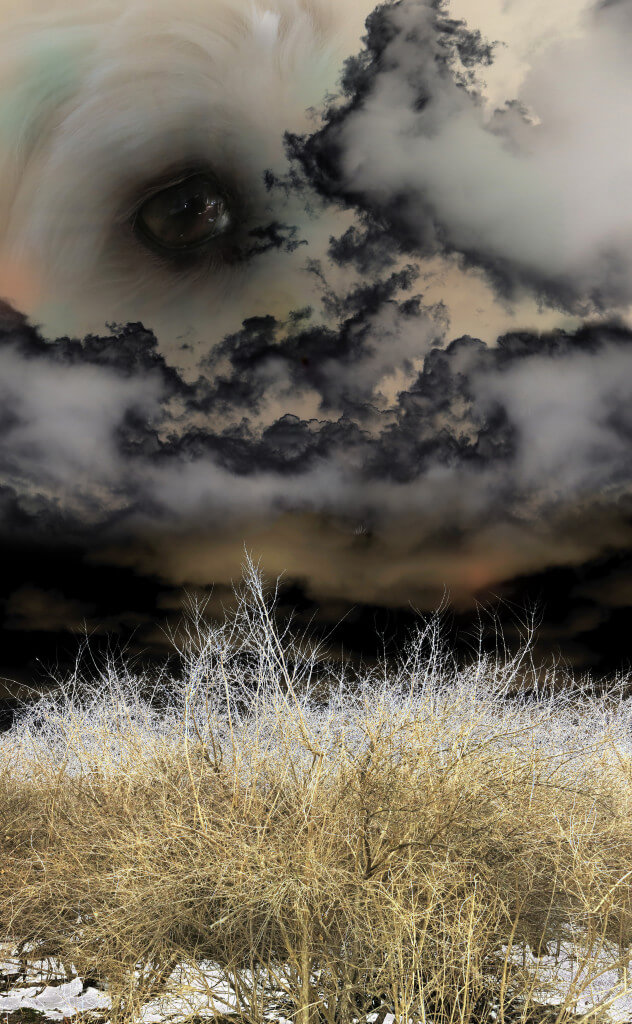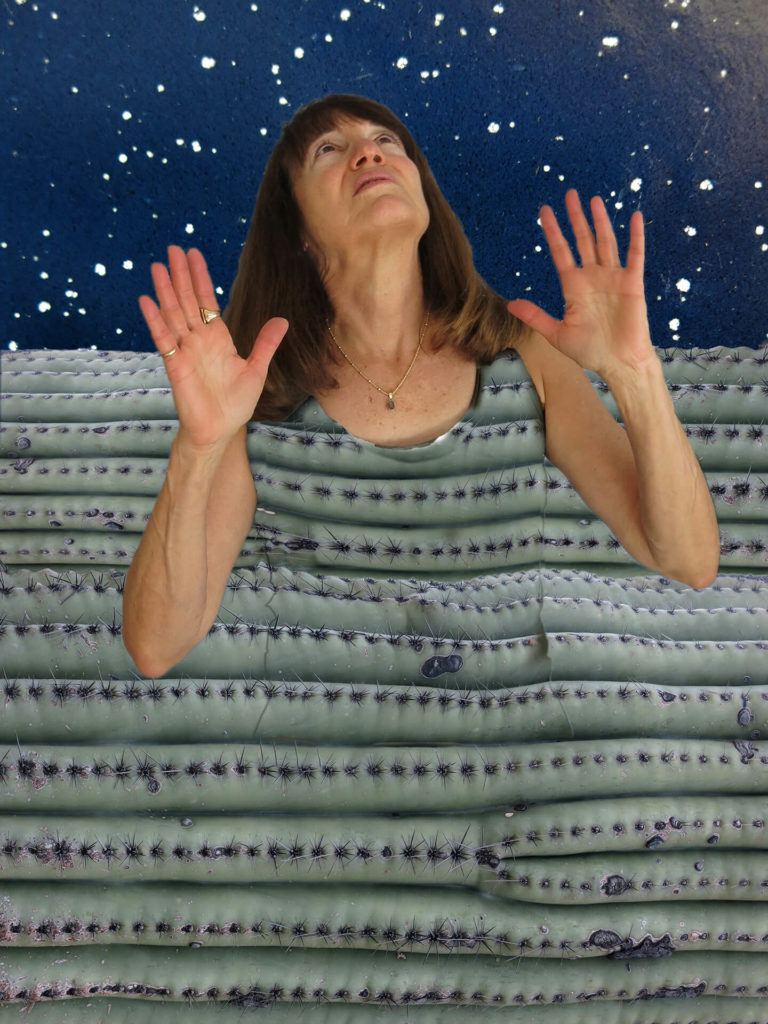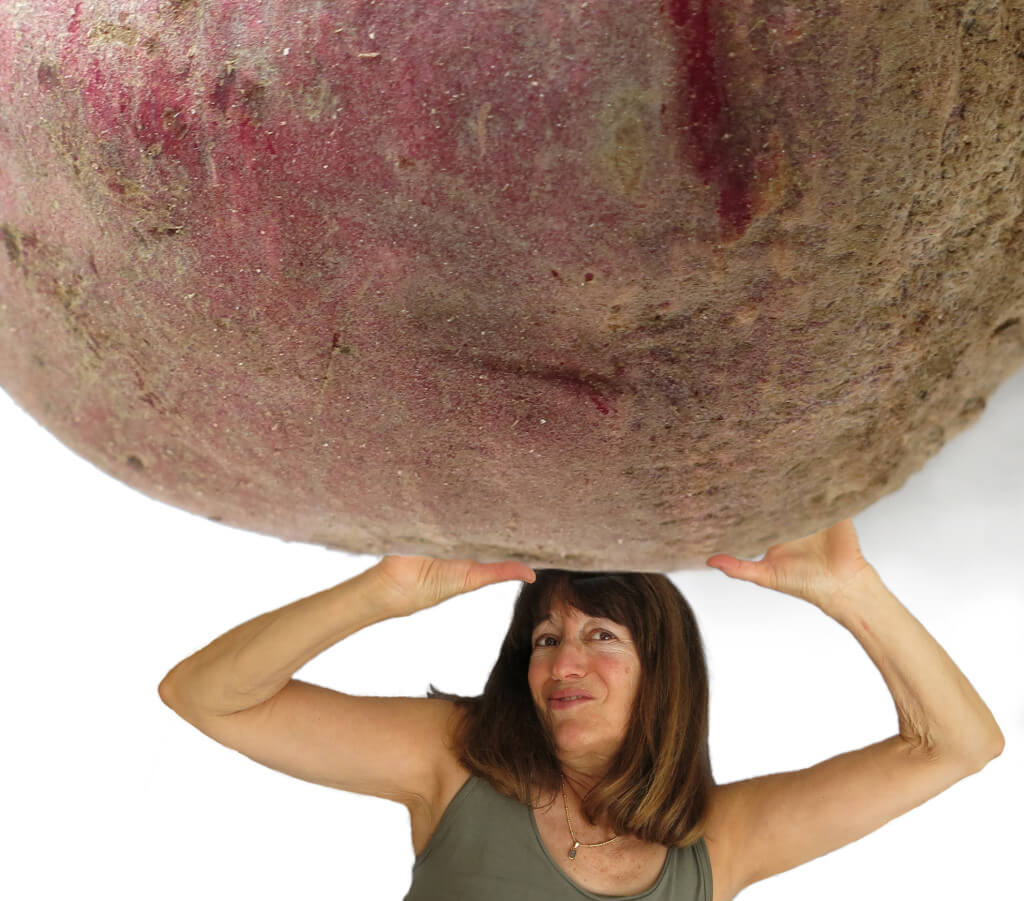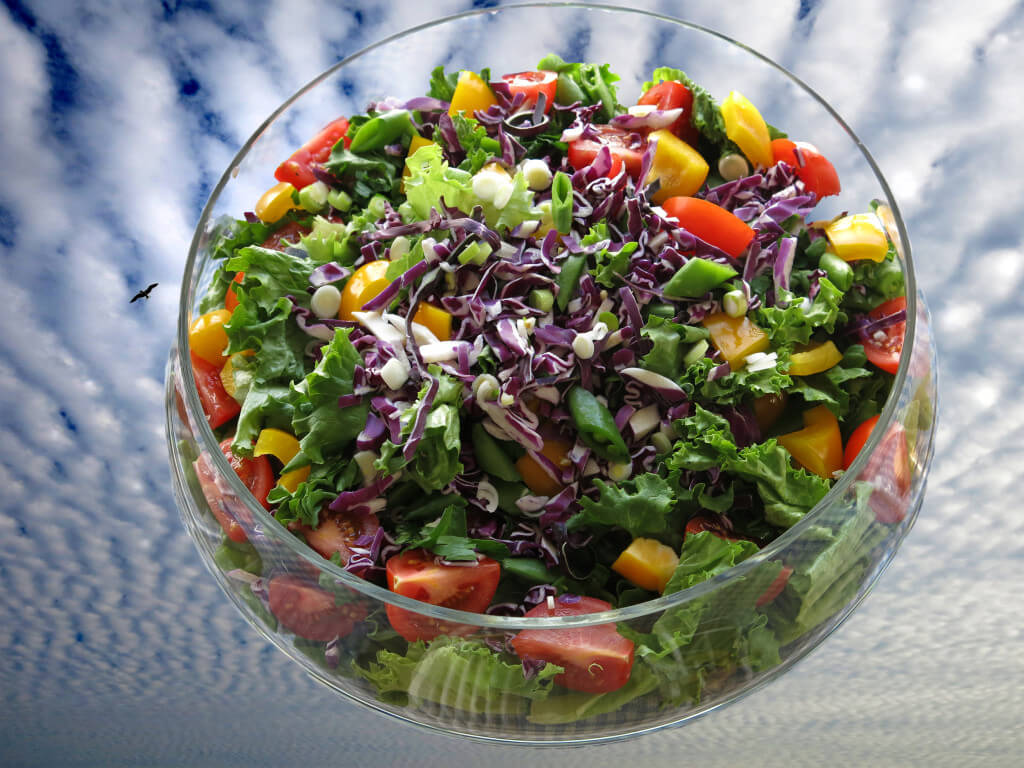 If salads could sing, mine would sound like a Mozart sonata. Infused with joy, my salads are lifesavers lifting me from a sea of sadness. These cheerful creations get me focused on something other than my loss. They help anchor me to a community of friends.
If salads could sing, mine would sound like a Mozart sonata. Infused with joy, my salads are lifesavers lifting me from a sea of sadness. These cheerful creations get me focused on something other than my loss. They help anchor me to a community of friends.
It started out years ago when I was part of a small foodie group that made the rounds of regional restaurants and got together Saturday nights to cook what we’d toast as “the best food in Ithaca tonight.” The others in the group were much more accomplished cooks than I. So each week my contribution was the salad. Not too much stress; if I botched the salad, there was always an appetizer, a main course, the cheese course, and two desserts. We wouldn’t go hungry. Salads became my specialty.
“What can I bring?” I ask now when invited to dinner. Almost always I hear, “Can you make a salad?” And most of the time, based on the individuals, the season, and the main dish or theme of the dinner, I get an immediate idea for the conglomeration I will build.
Making salad for friends is almost a ritual: spreading a blanket of greens, chopping on the ancient cutting board, mixing in pomegranates, pistachios, sugar snap peas, or florets of Romanesco broccoli. Into the bright concoction I throw cheeses, nuts, legumes, seafood, fruit, … sometimes even edible flowers. I top each bowl with something beautiful, like splashes of yellow bell peppers, confetti of red cabbage, a snowfall of scallion, roasted cubes of sweet potato.
My salads are celebrations of the sweet and savory, colors and crunch, local ingredients and exotic delicacies. And of the world that is ever turning, to which I still belong despite my grief. When you dive into my gift, the bowl that brims over in greens and gratitude, maybe you can tell: each toss is a song of love for those who have seen me through hard times.
How do you take care of the ones who take care of you? What do you put into your favorite salads?
